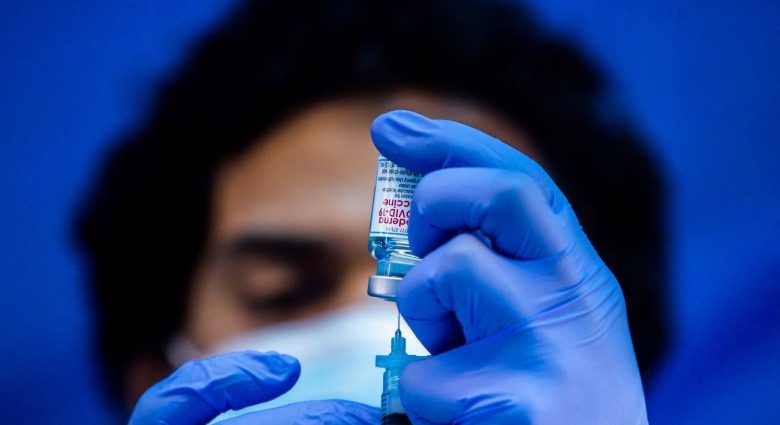Since the United States launched an unprecedented trade war against China in 2018, the US-China relationship has soured at an alarming rate.
Not even the signing of the Economic and Trade Agreement, also known as the Phase One Agreement, in 2020 was able to boost optimism about the future of bilateral trade relations.
Many tariffs that the Trump administration erected from 2018–2019 remain, although US President Joe Biden is facing calls from business circles to remove them.
US Trade Representative Katherine Tai pointed out the source of tension within the Biden administration over whether to repeal Trump-era tariffs — while they provide leverage against China, their cancellation could help curb domestic inflation. But as long as the tariffs remain in place, the trade war continues.
In this context, few foresaw that the United States and China could work together towards achieving meaningful deliverables at the 12th Ministerial Conference (MC12) of the World Trade Organization (WTO).
Surprisingly, both countries did just that. The ministers not only reached agreement on fishery subsidies but moved to tackle critical issues including waiving patent rights on Covid-19 vaccines.
The vaccine patent waivers were initially proposed in October 2020 to boost global equity by supplying Covid-19 vaccines to developing countries.
Though vaccine shortages are not as dire in 2022, the waiver remains politically important in facilitating production and affordable access to vaccines in developing countries by authorizing the use of vaccines patented in WTO member states.
As major manufacturers and exporters of Covid-19 vaccines, it is disappointing that neither the United States nor China were serious drivers of the vaccine waiver discussions. Despite this, an agreement to temporarily suspend vaccine patent rights for the WTO’s Least Developed Countries was reached at MC12.

China is a firm supporter of the “special and differential treatment” provision within WTO agreements, which grant special rights to developing countries. Though it has rarely claimed the privileges, China opposes attempts to undermine the rights of developing countries enshrined in WTO agreements.
When the vaccine patent waiver was first raised, China expected an “effective and balanced” result from discussions over the proposed waiver of intellectual property protections, which could cost the country billions in royalty income. Despite this, Beijing voiced its support for the vaccine patent waiver proposal not long after the United States first endorsed it on May 5, 2021.
But the United States insisted that only developing countries exporting “less than 10% of world exports of Covid-19 vaccine doses in 2021” should be eligible for the patent waiver, intentionally excluding China — the only developing country exporting above this amount.
In response, China claimed that it had been “unreasonably and unjustifiably” excluded, despite lacking a strong incentive to produce vaccines patented in other countries given its reliance on domestically-manufactured vaccines.
On May 10, 2022, just weeks before the MC12, a Chinese delegate publicly affirmed support for the vaccine patent waiver at a session during the General Council of the WTO, stating that China would forego access to the vaccine patents if it were not targeted in the agreement.
Though Beijing initially refused Washington’s demand for this commitment in writing, the Chinese Commerce Minister and his team worked quietly with their US counterparts to find a compromise.
A footnote in the Ministerial Declaration was added, stating that developing countries with the manufacturing capacity to produce vaccines themselves were encouraged to opt out of the agreement. Beijing’s cooperation with Washington is a prime example of multilateralism in a time of global crisis.
But behind China’s altruistic behavior lies a calculated assessment of the impact of foregoing its long-standing WTO “special differential treatment” privileges. By renouncing its eligibility for the vaccine patent waiver, China has not undermined its interests and has also contributed positively to multilateral solutions to the Covid-19 crisis.

Despite China’s cooperation, it remains doubtful whether the waiver will help address global vaccine inequality due to the lack of production capacity in most developing countries.
While it is premature to assume that Beijing and Washington will continue to engage in constructive cooperation, it is undoubtable that a careful assessment of interests and risks from both sides will continue to characterize the US-China relationship.
The vaccine case might turn out to be an isolated incident and should not be considered indicative of future US-China cooperation in the WTO.
Qingjiang Kong is Dean of the School of International Law at the China University of Political Science and Law.
This article was first published by East Asia Forum, which is based out of the Crawford School of Public Policy within the College of Asia and the Pacific at the Australian National University. It is republished under a Creative Commons license.

